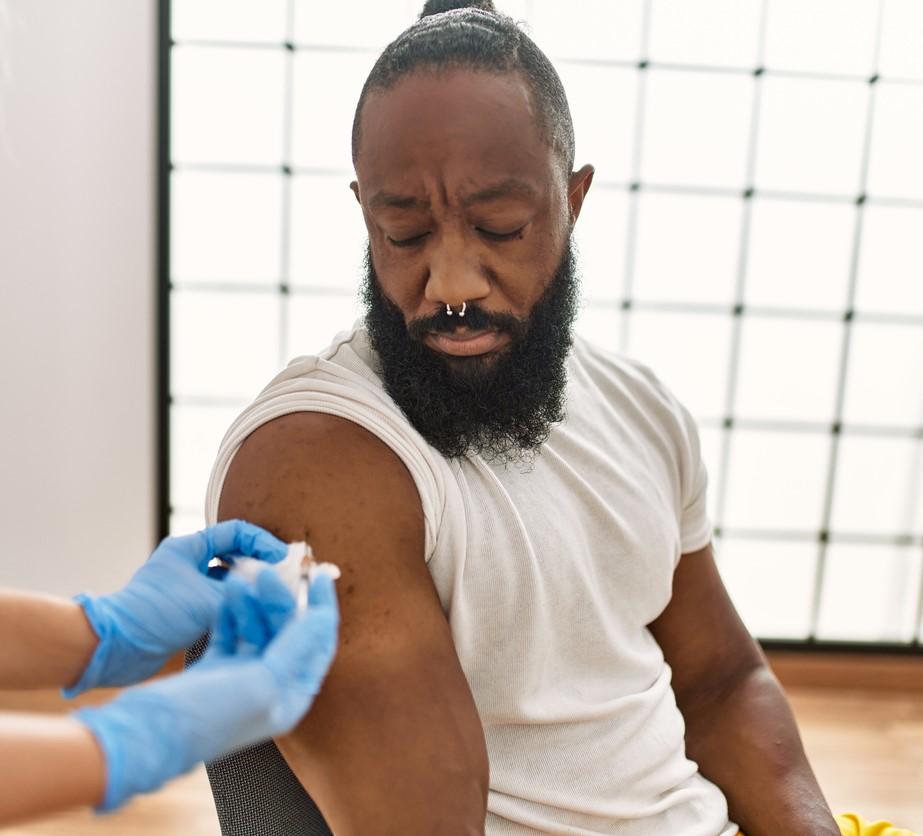
Today in Morbidity and Mortality Weekly Report, researchers from the California Department of Public Health show that one or two doses of the Jynneos mpox vaccine effectively prevented hospitalization among those who contracted mpox, people with HIV.
The study was based on 5,765 mpox patients in California who contracted the virus from May 2022 to May 2023. Among those patients, 4,353 (94.4%) were male, 2,083 (45.2%) were Hispanic or Latino, and 3,188 (69.1%) identified as gay, lesbian, or same-gender-loving.
Of infected Californians, 250 (4.3%) reported mpox-associated hospitalizations, of which 233 were unvaccinated, 4 had received one Jynneos dose, 1 received two doses, and 12 received Jynneos as post-exposure prophylaxis (prevention).
Most hospitalized mpox patients had HIV
People with both mpox and HIV accounted for 40.7% of all mpox cases in California during the study period and 56% of mpox-associated hospitalizations (140).
Compared with unvaccinated mpox patients, the odds of hospitalization with one dose of Jynneos was 0.27 (95% confidence interval [CI], 0.08 to 0.65) and for two doses it was 0.20 (95% CI, 0.01 to 0.90), for a vaccine effectiveness (VE) of 73% and 80%, respectively. For people with both mpox and HIV, the odds of hospitalization among those who had received one Jynneos vaccine dose was 0.28 (95% CI, 0.05 to 0.91) times that of those who were unvaccinated, for a 72% VE. (No mpox hospitalizations were reported in HIV-positive people who had received two doses.)
Since May 2022, an estimated 64% of California's at-risk population havereceived one dose and 40% received two doses of Jynneos, the authors said.
"Messaging to persons at higher risk for Monkeypox virus infection and persons with HIV infection should encourage completion of the 2-dose Jynneos vaccination series to limit virus transmission and mitigate disease severity," they concluded.















